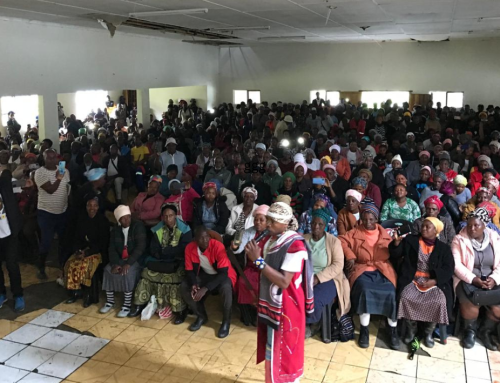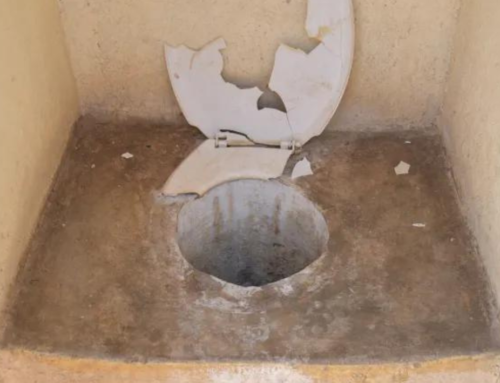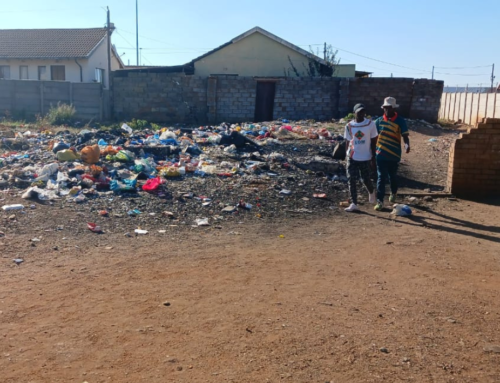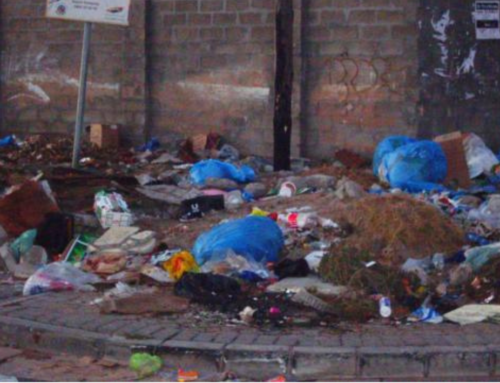 Honourable Minister Mboweni
Honourable Minister Mboweni
QUESTIONS AROUND THE COMPOSITION OF PUBLIC INVESTMENT CORPORATION’S BOARD: BENEFICIARIES SHOULD NOT BE ALLOWED TO SERVE
1. Some time has lapsed since the 995-page report of the Judicial Commission of Inquiry into allegations of impropriety at the Public Investment Corporation, as lead by the Honourable Justice Lex Mpati (‘the Mpati Commission’), was handed over to President Ramaphosa and was released to the public on 12 March 2020.
2. One of the consequences of the Coronavirus lockdown is that I had the opportunity and time to read the voluminous Mpati Commission’s report and apply my mind to the size of the task of implementing its recommendations, over and above the management of the Public Investment Corporation’s (PIC) day-to-day business.
3. From my personal experience of the way the Mpati Commission functioned and reading its report, I believe that the commission did a sterling job. We will hopefully see sweeping changes that will lead to the PIC being a responsible organisation, as well as rooting out corruption and poor administration.
South Africans will hopefully see the police, the Directorate for Priority Crime Investigation (Hawks) and the National Prosecuting Authority continue investigating and bring culprits to book.
4. Regarding the implementation of the Mpati Commission’s recommendations at the PIC, the complexity of the job ahead and the fortitude required to complete it requires the most competent, qualified, and trustworthy individuals. The PIC’s board and administrators must have the best interests of the PIC, and by extension the South African Government Employees Pension Fund (GEPF), at heart.
5. This knowledge and given the poor track-record of past PIC boards brought me to my next exercise, which was to look at the composition of the PIC’s incumbent interim board which you appointed in consultation with cabinet almost a year ago.
6. To my surprise, in doing my quick study, I came across an individual who now sits on the PIC’s interim board, who is a past PIC beneficiary.
7. That person is Ms Irene Charnley; the company is her Smile Telecoms Limited, to which the PIC committed an investment of USD 100,000,000 in 2015.
This is a little more than R1,7 billion when calculated at today’s Rand/Dollar exchange rate. The PIC Investment Details sheet where I obtained this information, is available at https://www.pic.gov.za/DocPresentations/95.-Smile-Telecoms-Holdings.pdf).
8. It is an interesting side-note that, at the time, the now disgraced former PIC CEO, Dr Daniel Matjila, said: “We are excited about our investment in Smile Telecoms as it provides us with an opportunity to accelerate and realise our mandate to invest in the rest of the African continent.”
9. Given this information I have provided thus far, I could not help but ask whether history was repeating; and it left me feeling quite uneasy.
10. This discovery piqued my interest and I also did a cursory internet search on Smile Telecoms Limited (‘Smile’) and found the following information, the context of which will become clear in my later questions to you:
10.1. “Capitalworks” is listed as Smile’s “partner” on its website but is named “CapitalWorks SSA” on the Investment Details sheet. Presumably, this name difference is due to there being different divisions of the same company.
I then found an announcement that an entity called “Capitalworks Group”, in 2017, had launched “Africa Capitalworks”, an investment company, which aimed to raise USD 300 million to “…deploy permanent equity capital in mid-market companies in strategically selected sectors across Sub Sahara Africa (“SSA”) (excluding South Africa)”.
This discovery in itself is not interesting, what however is, is that they had “… already secured early support and substantial investment, including from CDC, the UK’s development finance institution, and the Public Investment Corporation SOC Limited (PIC) on behalf of its client the South African Government Employees Pension Fund (GEPF).”
10.2. I also found a PIC document called “ISIBAYA DETAILED INVESTMENT SCHEDULE AS AT 31 MARCH 2017” which is available on, investigative journalism organisation, Amabhungane’s website at https://amabhungane.org/wp-content/uploads/2018/08/170331_PIC-Unlisted-assets.pdf.
Under the column called “FRESG Performance” the following is written about Smile:
• “Financially Underperforming – economic headwinds, devaluation of local currencies mainly Nigeria and stiff competition led to underperformance”,
• “Owner Managed Companies – Corporate governance principles are compromised- Governance policy, Delegation of Authority, succession planning and risk management framework need to be in place”
• “Establishment of Social and Ethics Committee to manage the Representatives of local people on the boards be increased to ensure legislation in countries that advocate local representation on the board.”
11. Given the above information the following questions arose in my mind:
11.1. Were you aware that Ms Charnley had been a PIC beneficiary when you appointed her as an interim board member? If so, do you consider this to be a healthy situation and what were your reasons for continuing with her appointment despite the knowledge?
11.2. What was the agreement in terms of the USD 100,000,000 investment the PIC made in Smile and has investment paid dividends, especially given the PIC’s 2017 conclusion that Smile was “financially underperforming”?
What were the implications of this lack of performance? Did the PIC write off this investment and if so, would this not constitute mere looting?
11.3. The PIC concluded that Smile’s “Corporate governance principles are compromised” whilst the company was squarely under Ms Charnley’s management. Would you agree that this casts doubt on Ms Charnley’s suitability to function at board level?
11.4. Did CapitalWorks SSA/Capitalworks Group/Africa Capitalworks receive PIC/GEPF funding? If so, what are the details, and would you consider it compromising that a board member has yet another link to a PIC beneficiary?
The United Democratic Movement would argue that there is enough evidence that warrants that Ms Charnley must vacate her seat on the PIC board immediately.
One other matter I would like to raise with you is the appointment of Mr Abel Sithole as the new PIC CEO. It would serve us well to remember that the GEPF wrote off billions of rands in investment losses, as was reported in 2018, whilst he was that entity’s Principal Executive Officer. Some of those so-called investments were quite dodgy and this scenario means that Mr Sithole is a man who failed at his job. Surely there were other competent individuals available for your consideration. We do not want to conclude that his appointment is to merely clean-up the mess he was part of and covering tracks in the process.
We look forward to your response.
Yours sincerely
Mr Bantu Holomisa, MP
President of the United Democratic Movement





























